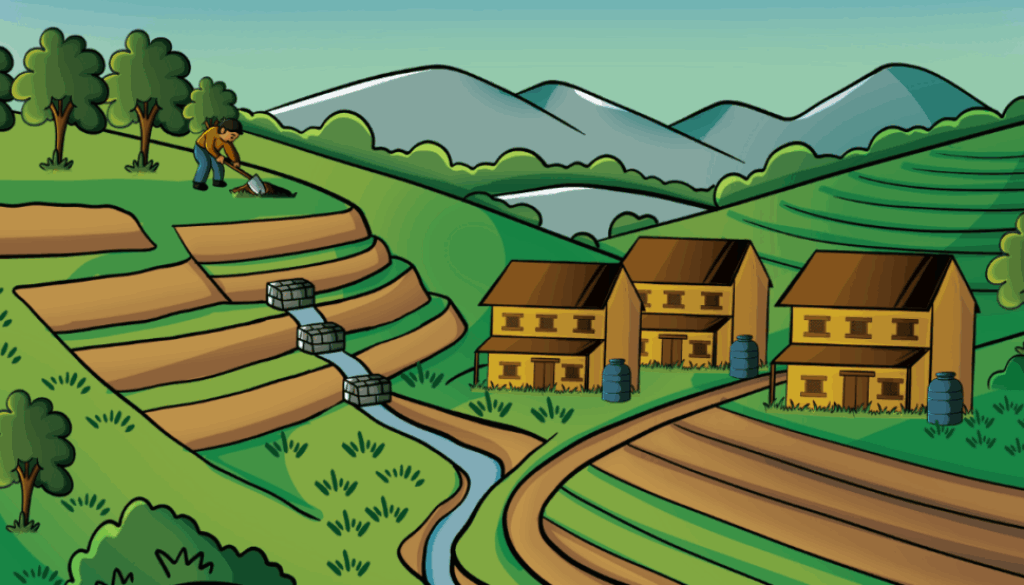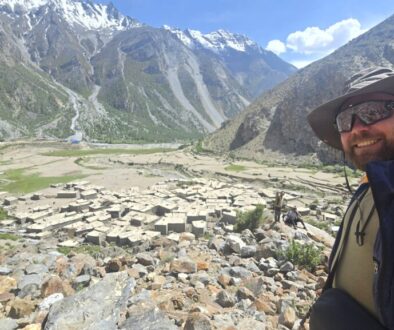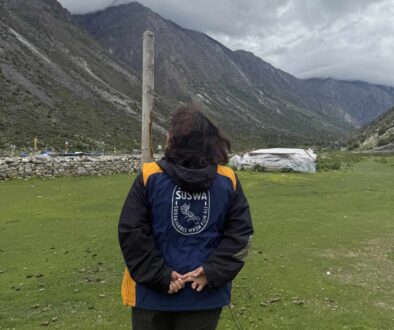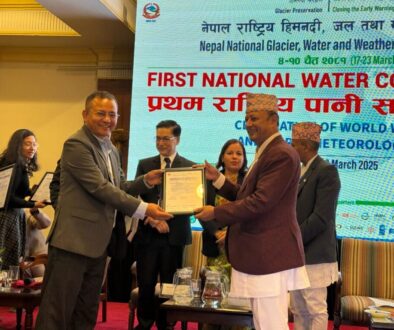
SUSWA increased its contribution to climate-resilient WASH and established relevant partnerships by starting a research collaboration with the Natural Resources Institute, Finland (LUKE) in the spring of 2024. SUSWA initiated discussion on the collaboration in early 2024, followed by signing a partnership agreement, joint research and data collection plans, conducting over thirty key-informant expert interviews, and development of a comprehensive household-level questionnaire. The 2024 Autumn started with the training of SUSWA staff as enumerators for the questionnaire data collection. SUSWA staff conducted a field survey on a total of 327 households in August-September 2024. The questionnaire results produced a unique, comprehensive data set on household perceptions about their own climate resilience that has never before been collected in Nepal. The recorded key-informant interviews and the questionnaire results were analysed in the autumn, followed by publishing the results in the form of two high-quality research papers in well-acknowledged scientific journals.
The research papers focused on two themes: 1) Observing grassroots-level perceptions on households’ climate resilience in rural Karnali, and 2) finding possible leverage points to effectively strengthen climate resilience in western Nepal.
The first paper analysed households’ local capacity in coping, adaptive, and transformative measures. The main results included that local households’ knowledge, assets, and agency were important in the cases where reactive coping was necessary, while social organisation and learning were more important for the more preventive actions related to the adaptive and transformative measures.
Paper name: An Approach for Assessing Adequacy and Effectiveness of Local Adaptation Actions
– Journal: Climatic Change
The second research paper identified eleven leverage points for resilience based on Nepali expert interviews. It also introduced a framework for strategic adaptation planning and assessment that categorised the leverage points to coping, adaptive, and transformative capacities, as well as to four different system realms.
Paper name: Leverage points for resilience: Introducing the pyramid framework for strategic adaptation planning and assessment
– Journal: Ambio.
Overall, the research collaboration exemplified a successful partnership within Finnish agencies working in the same field, and it also demonstrated SUSWA’s capacity for comprehensive data collection for scientific purposes. The results provided the country with a spectrum of leverage points to intervene with when an agency wants to promote local climate resilience in rural Nepal and the Himalayas more generally.







